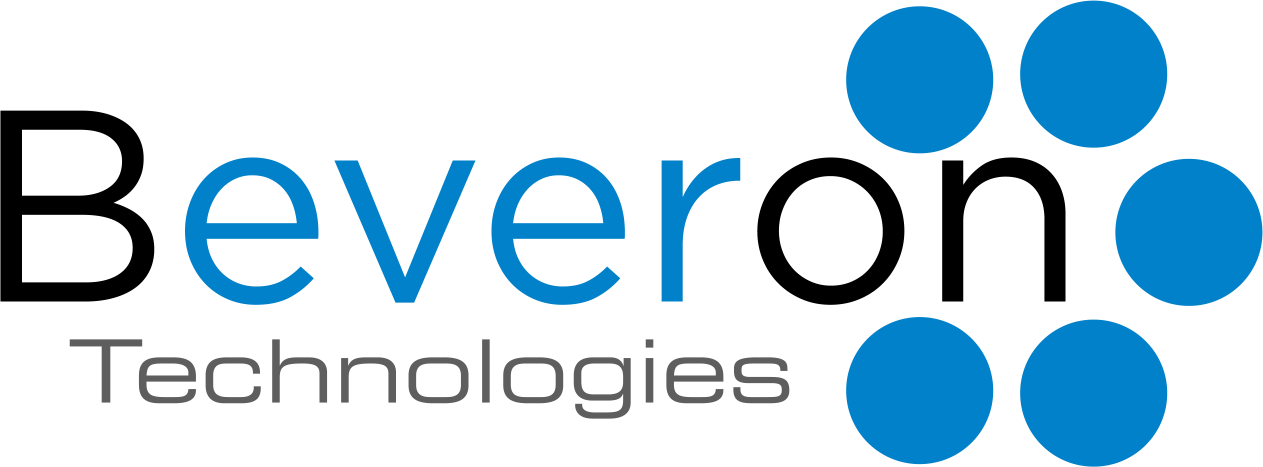Client Confidentiality and Legal Tech Software

How data security is maintained in a legal management software in UAE, Dubai, KSA?
Maintaining confidentiality in the cloud
Many lawyers continue to doubt cloud technologies' ability to deliver the level of protection they are ethically bound to provide to their clients. However, real theft and security breach threats are far more familiar with in-office technology. Physical records can be destroyed in a matter of seconds by a single fire or natural calamity. Furthermore, the legal firm should defend an on-premise server from cyberattacks, which can be costly. Cyber experts and server updates are expensive, but law firms must bear these fees to protect their physical servers. Data is continuously saved and maintained within the cloud while using cloud-based legal practice management, protecting it from physical risks such as fire or natural catastrophes. Law firm leaders also control which individuals of the firm have access to the application. Some systems also include security features that restrict access to minor cases or corporate records. An expert team of cloud security experts continuously monitors cyber threats and attacks.
Effective tools for internal changes
Changes in a legal firm necessitate a practice management system that is adaptable and adaptive. No matter how you scale your mid-sized law firm or adapt to the changing landscape of your practice, cloud-based legal practice management software adapts to your needs. Cloud-based practice management software comes with several features and capabilities, and many providers let administrators choose which solutions best suit their firm's needs. This means that the firm's practice management software can grow with it. Starting over with a new system is unnecessary when you can easily adjust the existing one. With a cloud-based system, your firm's practice management software is kept intact and accessible during the relocation. Unlimited storage eliminates the need for bulky file cabinets and several servers.
Continual Availability
Legal firms can manage their information anytime and on any gadget with legal case management software. Documents, emails, time-tracking tools, and bills are all included. Due to cloud storage, all data can be accessed remotely with the correct credentials without being located in the physical office. Members of the firm maintain access to the most recent version of client files and administrative documents even when they make changes. In a secure environment, attorneys and legal support staff can access case data with the help of cloud-based legal practice management software.
Regular System Updates
Tech companies are constantly developing new strategies to prevent system breaches, but these tactics are only effective when systems and software are regularly updated. VPN, antivirus, anti-spyware, and spam filters are all included. Unfortunately, far too many legal firms adopt new technologies only to fail to maintain them up to date. These instruments may become vulnerable to ever-changing cyberattacks if they are not regularly updated. Outdated systems jeopardize client data and may expose law firms to respond if a breach occurs. Law companies must have mechanisms in place to ensure that critical system updates take place.
Encryption
Data encryption is a powerful technological technique for safeguarding sensitive information. Data that has been encrypted becomes indecipherable if it falls into the wrong hands as a result of loss or theft. The viewer must use the correct encryption key to convert the encrypted gibberish into intelligible language. There are two standard methods for law firm encryption. Encryption in transit safeguards data as it is transmitted electronically within or outside of the organization. This is usually known as end-to-end encryption.
Decreased Downtime and IT issues
Law firms require an IT infrastructure on which they can rely to continuously satisfy their practice management demands. Reoccurring issues and extensive downtime reduce production and can jeopardize a company's ability to keep confidential client data in a secure environment. Firm administrators who select on-premise legal practice management software must plan for ongoing maintenance and repairs. Many businesses find these activities so tricky that they either employ an IT professional on staff to manage server issues or hire an outside IT consultant.
Cloud-based practice management tools eliminate all of these difficulties. There is no need to operate expensive servers because the software supplier automatically handles all necessary updates, routine maintenance, and backups. They also respond rapidly to any repair needs, frequently before firm members are even aware of a problem. A centralized team solely dedicated to the performance of cloud-based practice management software handles all technical tasks.










